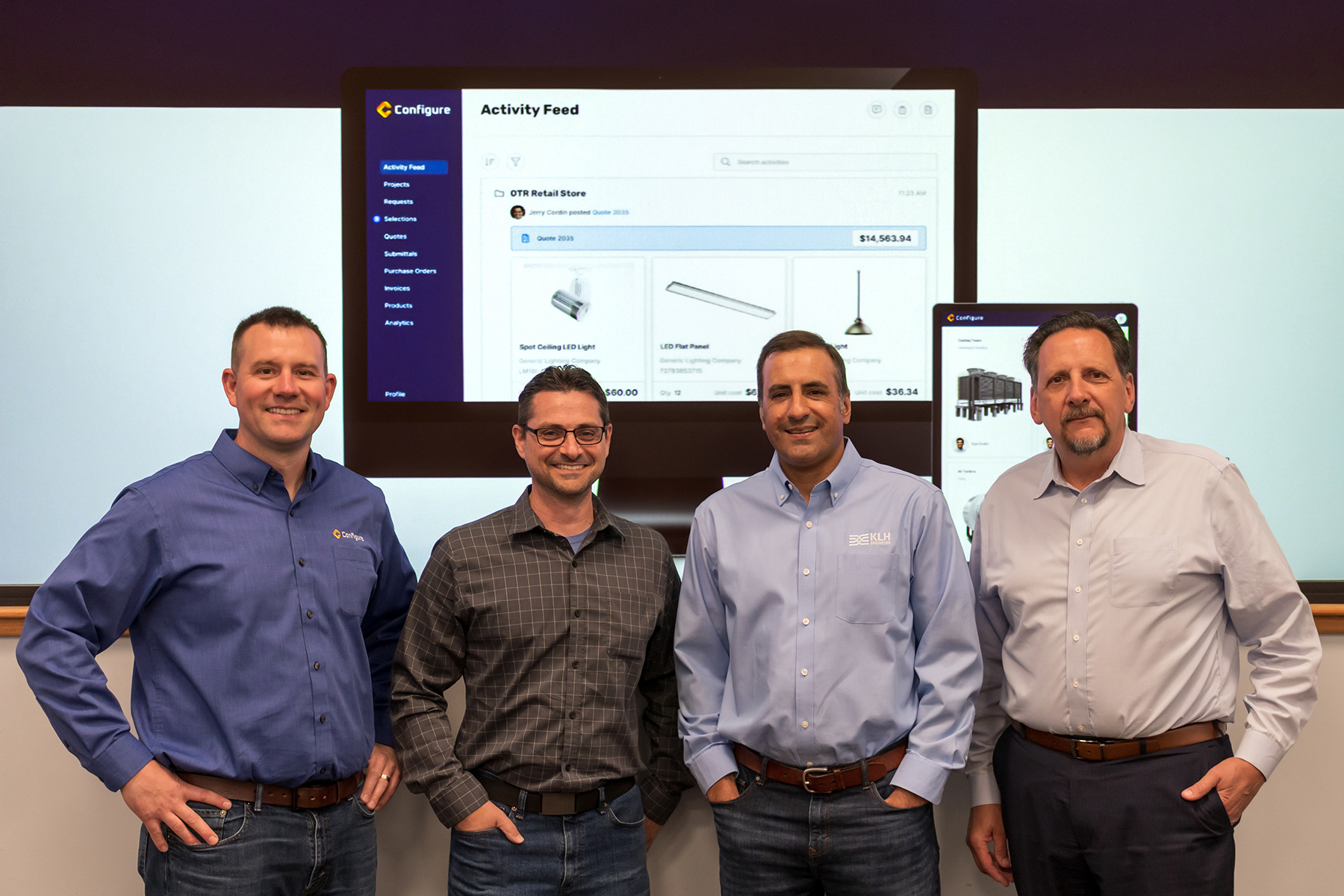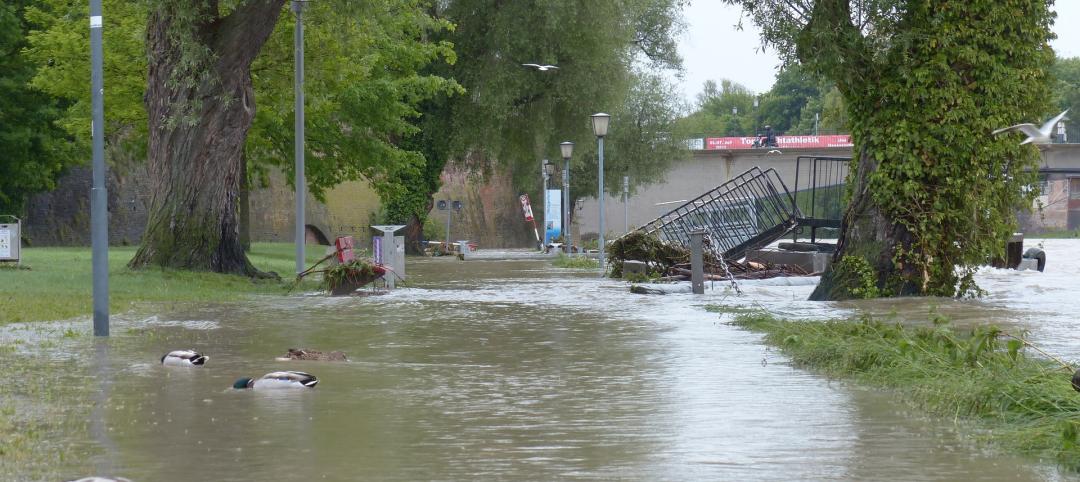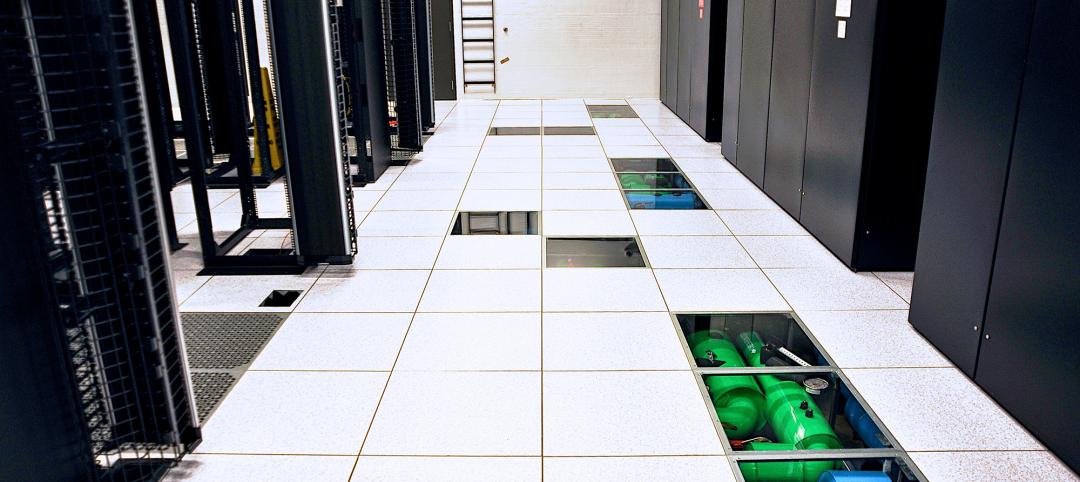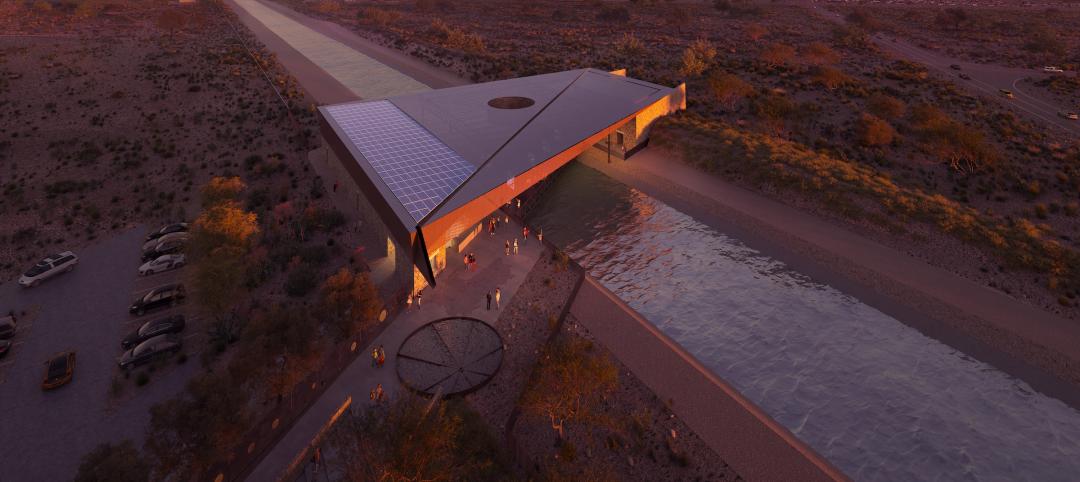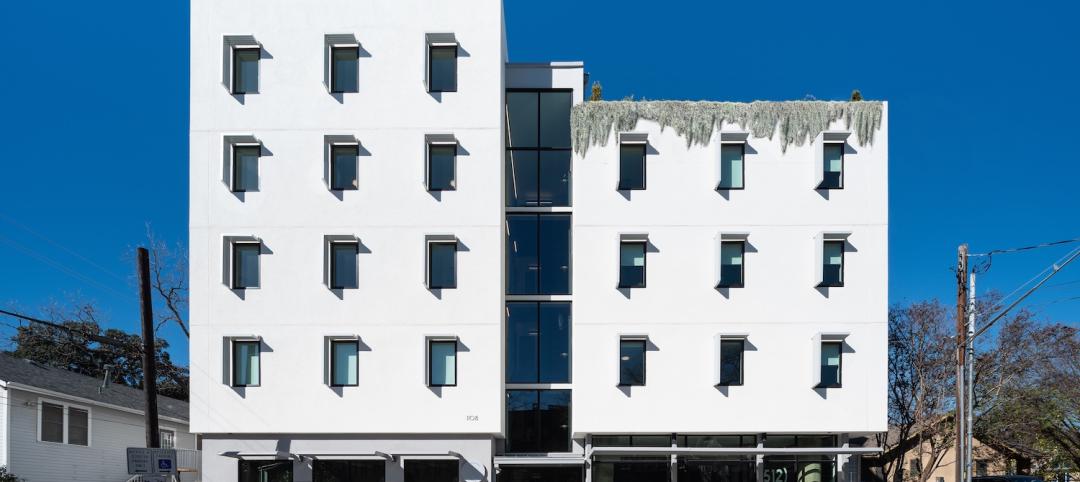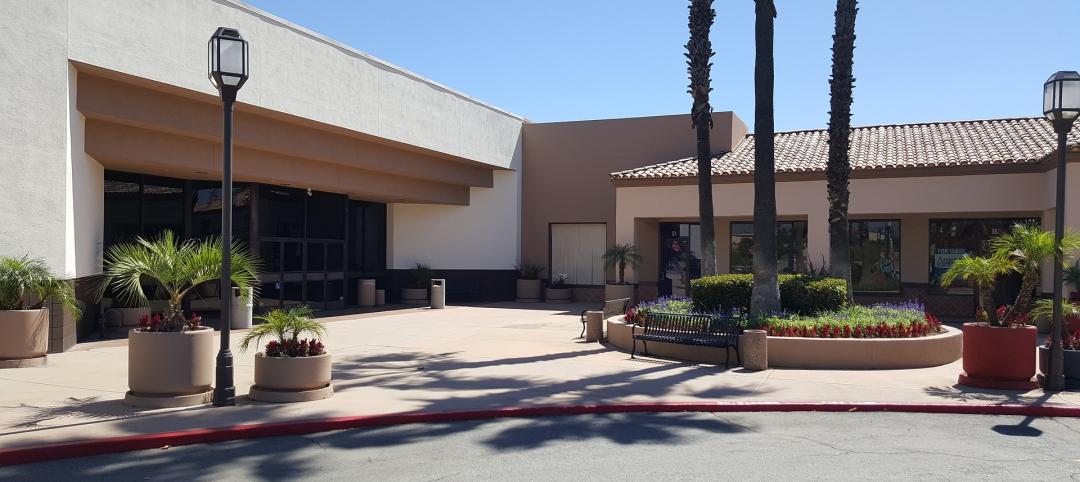About 15 months ago, KLH Engineers, a national MEP and technology engineering firm based in Kentucky, spun off Levcon Analytics, which uses data to provide AEC firms with design, construction, and operations advice. By uniting design and building teams, Levcon’s Convergit data integration platform also improves a building owner’s asset management and project execution.
Late last month, KLH spun off another entity. Known as Configure, the now-separate business has been developing a construction marketplace that digitizes supply and makes it easier for designers and contractors to specify, compare, and purchase engineered-to-order products from manufacturers. Configure’s platform is accessible through web apps or Autodesk Revit plug-ins.
PRICING PRODUCTS, MADE SIMPLER
Its conception was born out of the frustration of trying to specify equipment with pricing information being immediately at hand, explains Michael Albanese, a principal with KLH Engineers who, with principal Jeff Leuderalbert, came up with Configure and developed its platform.
Leuderalbert elaborates that during a project’s design phase, suppliers communicate with potential customers within their Revit models, and designers can link products, product data and pricing directly into their models. During pre-construction, Configure matches contractors with local suppliers so they can solicit and compare bids in one platform, and select the package that best fits their project and budget.
Some of Configure’s early customers include Tweet/Garot Mechanical, Green Bay, Wis.; Silicon Valley Mechanical, San Jose, Calif.; and Peck Hannaford + Briggs, Cincinnati, Ohio.
SUPPORTERS FROM INSIDE AND OUT
During Configure’s early development, KLH allowed Albanese and Leuderalbert to leverage the firm’s in-house software team to build their platform. Configure has raised $2 million in a seed round led by TitletownTech, a Wisconsin-based venture capital fund formed out of a partnership between the Green Bay Packers and Microsoft. Configure will deploy its new capital to expand its software technology and make additional product development hires.
These spinoffs demonstrate KLH’s innovation beyond engineering consultation, says Tavernelli, who implies there might be more to come. “We learned so much throughout this journey and KLH will leverage that experience to continue seeking ways to create new value in the industry.”
Related Stories
Market Data | Nov 27, 2023
Number of employees returning to the office varies significantly by city
While the return-to-the-office trend is felt across the country, the percentage of employees moving back to their offices varies significantly according to geography, according to Eptura’s Q3 Workplace Index.
Resiliency | Nov 27, 2023
All levels of government need to act to cope with climate-driven flooding and sea level rise
The latest National Climate Assessment highlights the need for local, state, and federal governments to adopt policies to mitigate the effects of climate-driven flooding and sea level rise, according to a policy expert with the National Resources Defense Council.
Data Centers | Nov 22, 2023
How is artificial intelligence impacting data center design?
As AI is reshaping how we interact with machines and the world around us, the design of data centers needs to adapt to this fast-changing landscape. So, Page pairs expert thinking with high-performing solutions to meet the needs of rapidly advancing technologies.
Cultural Facilities | Nov 21, 2023
Arizona’s Water Education Center will teach visitors about water conservation and reuse strategies
Phoenix-based architecture firm Jones Studio will design the Water Education Center for Central Arizona Project (CAP)—a 336-mile aqueduct system that delivers Colorado River water to almost 6 million people, more than 80% of the state’s population. The Center will allow the public to explore CAP’s history, operations, and impact on Arizona.
MFPRO+ New Projects | Nov 21, 2023
An 'eco-obsessed' multifamily housing project takes advantage of downtown Austin’s small lots
In downtown Austin, Tex., architecture firm McKinney York says it built Capitol Quarters to be “eco-obsessed, not just eco-minded.” With airtight walls, better insulation, and super-efficient VRF (variable refrigerant flow) systems, Capitol Quarters uses 30% less energy than other living spaces in Austin, according to a statement from McKinney York.
MFPRO+ News | Nov 21, 2023
California building electrification laws could prompt more evictions and rent increases
California laws requiring apartment owners to ditch appliances that use fossil fuels could prompt more evictions and rent increases in the state, according to a report from the nonprofit Strategic Actions for a Just Economy. The law could spur more evictions if landlords undertake major renovations to comply with the electrification rule.
Codes and Standards | Nov 21, 2023
Austin becomes largest U.S. city to waive minimum parking requirements
Austin, Texas recently became the largest city in the United States to stop requiring new developments to set a minimum amount of parking. The Austin City Council voted 8-2 earlier this month to eliminate parking requirements in an effort to fight climate change and spur more housing construction as Texas’s capitol grapples with a housing affordability crisis.
MFPRO+ News | Nov 21, 2023
Underused strip malls offer great potential for conversions to residential use
Replacing moribund strip malls with multifamily housing could make a notable dent in the housing shortage and revitalize under-used properties across the country, according to a report from housing nonprofit Enterprise Community Partners.
Giants 400 | Nov 16, 2023
Top 70 Science + Technology Facility Engineering Firms for 2023
Jacobs, Fluor, SSOE, Tetra Tech, and Affiliated Engineers head BD+C's ranking of the nation's largest science and technology (S+T) facility engineering and engineering/architecture (EA) firms for 2023, as reported in Building Design+Construction's 2023 Giants 400 Report. Note: This ranking factors revenue from all science and technology (S+T) buildings work, including laboratories, research buildings, technology/innovation buildings, pharmaceutical production facilities, and semiconductor production facilities.
Retail Centers | Nov 15, 2023
Should retail developers avoid high crime areas?
For retailers resolute to operating in high crime areas, design elements exist to mitigate losses and potentially deter criminal behavior.


